Why These Buyers Chose Older Leasehold Condos—And Have No Regrets
May 28, 2025
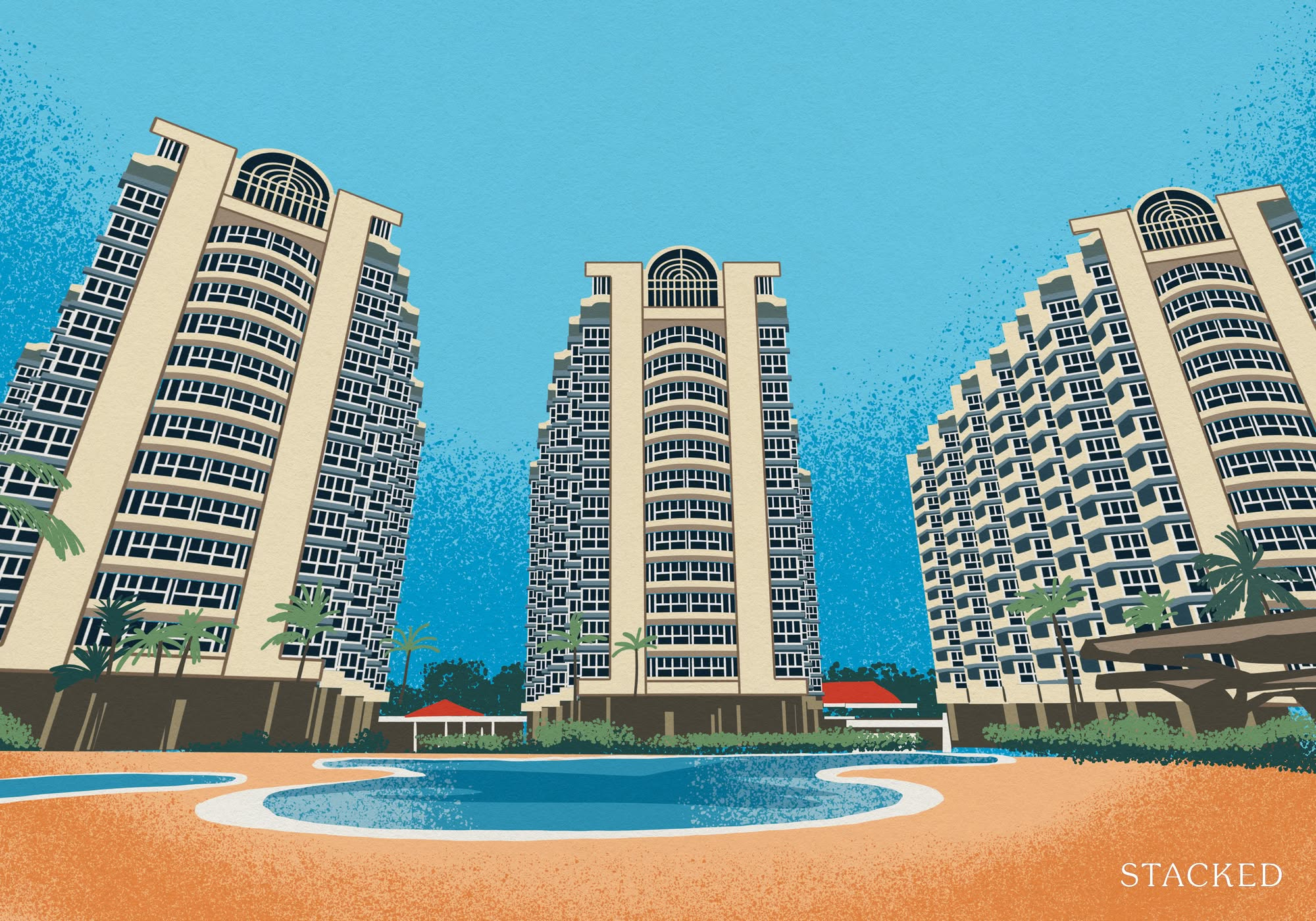
“Old” and “leasehold” are Singaporeans’ least favourite combination of words. We ourselves have seen that, despite numerous presentations on how leasehold can outdo freehold, there’s just a strong reluctance to accept it: on some visceral level, many like to feel that they’re paying for 25+ years of their lives for something permanent. So why did three of these homeowners we speak to decide to purchase not only leasehold condos, but older leasehold condos? Here are their stories:
1. Affordability issues when both spouses are self-employed

CH is Malaysian but works in Singapore, and his wife is a Singaporean; he’s currently awaiting a change in his citizenship status. The couple’s main worry, when choosing their property, was twofold:
First, qualifying for a loan was tougher for both of them. Banks apply a haircut of 30 per cent to variable sources of income, for Total Debt Servicing Ratio (TDSR) purposes. The TDSR, in turn, limits home loan repayments to 55 per cent of monthly income, inclusive of other debts.
Because CH and his wife are both self-employed, their maximum loan amount was cut by a third; and this required them to put down a larger down payment.
The second reason was the fear of losing clients, late-paying clients, and other cash flow issues faced by the self-employed. CH says that: “If one of us has a salary it’s not so bad, but when it’s both of us, it’s possible both of us go through a dry spell at the same time.”
The affordability concern was such that, for a time, the couple even considered buying a condo in Malaysia instead. But this idea was eventually scrapped, as the couples’ clients were all Singaporeans, and even CH’s father happens to live in Singapore.
The two had a difficult time finding a unit large enough, but at the same time cheap enough to meet tighter affordability limits. CH says they viewed five or six different projects, but were unimpressed until they found their unit on the East Coast.
While they don’t want to divulge the name, the couple says the condo dates back to 1986, and is close to East Coast Beach (in fact they can walk there.) CH says:
“At first we were surprised the agent wanted to bring up this condo, because it was leasehold and quite old. Also there are over 1,000 units, which we had specified we didn’t prefer as we prefer privacy.
But when we visited the view of the sea, along with the area being very private despite the condo’s size, won us over. Furthermore the unit was around 937 sq.ft., and it was around $1,279 psf. Our agent warned us that we were unlikely to find such a large unit with a sea view at that price, even though it was leasehold.
After we tossed and turned for about a week, we couldn’t get it out of our heads. So we went ahead with it, even though it was an older leasehold.”
The total cost, according to the couple, was under $1.2 million, leaving them more than sufficient funds to renovate and furnish without a loan. Even better, CH says it became possible to place the condo entirely under his wife’s name, due to the lower cost. This leaves him with the possibility of buying another property, if it comes up in the future.
Still, for the long term, CH says he’s not really worried: 60 years is a long remaining lease for a couple already in their early forties. The two have no long-term plans to upgrade or move, and they may hold the condo to the end.
2. The privilege of living in the heart of Chinatown, until the en-bloc came
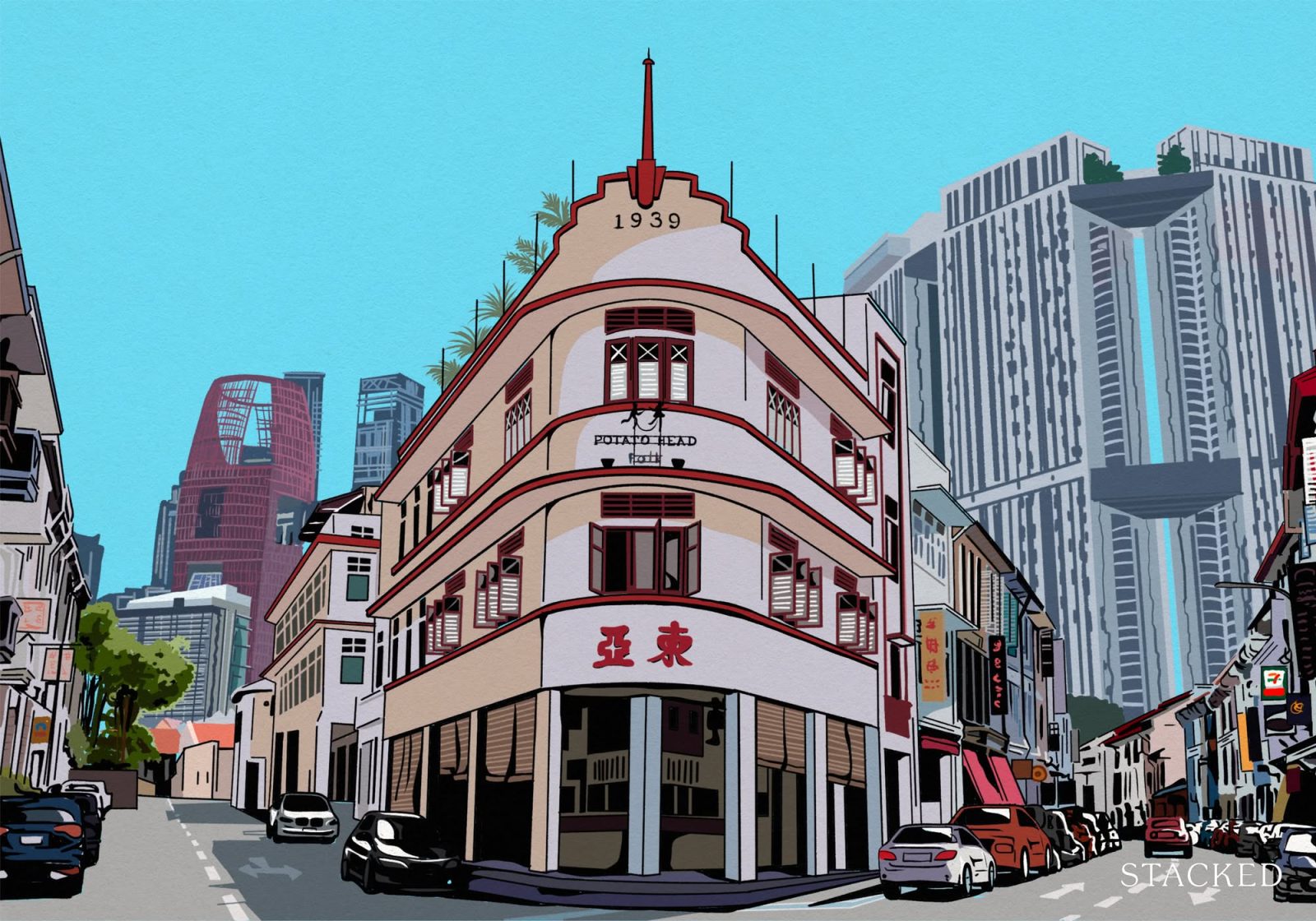
SY is one of the few Singaporeans who has no qualms about older leasehold properties, because he has owned one and come out on top from it. When he was in his mid-thirties, SY and his spouse purchased a unit at Pearl Bank Apartment in Chinatown – today redeveloped as One Pearl Bank.
At the time he made his purchase, he was given numerous warnings by his family and friends not to go ahead. The original Pearl Bank Apartment was built back in 1976; and by the time SY moved in (sometime in the 1990s) it already had a bad reputation: it was known that some vice workers rented out units there, and some of the common areas were not in good condition.
More from Stacked
Should You Buy Cuscaden Reserve Because Of The Huge Price Drop?
Cuscaden Reserve has been in the news of late, due to their big relaunch and price drop: we’re now seeing…
SY says that: “We chose to stay because it was close to the temple which we frequent, so it was very convenient. Any time, day or night, there was all kinds of wonderful food to eat. I could just cross one road to buy anything I wanted, or to reach the Chinatown MRT. “
When Pearl Bank was bought by CapitaLand in 2018, SY’s decision was proven to be a good one. While he doesn’t want to disclose the figures, SY does point out that – compared to two of his brothers and a sister who bought newer properties – his was the one that saw the best gains.
(We did our own snooping around though: CapitaLand purchased Pearl Bank Apartments for $728 million, and the various units – which ranged from 1,323 sq.ft. to 3,339 sq.ft., received between $1.8 million to $4.9 million for the sale.)
SY even briefly considered buying a unit in the redeveloped One Pearl Bank, but unfortunately his living situation had changed, and he needed to be closer to his children. Nonetheless, he considers it one of his best decisions; and his sale proceeds more than covered the cost of his current resale condo.
3. Needing the size for a production studio as well as a home

GT works in product design and prototyping, and his clients have ranged from toy companies to packaging firms. As he runs his own business, he wanted a home that was also versatile enough to act as his office and his showroom:
“This is practical for me as I also meet clients in my home, and I have a gallery to show them my process and end-results,” GT says, “So I made my needs plain to my agent from day one, and it was agreed we would probably be looking at leasehold, as I needed a lot of space but the budget was very fixed.”
When the agent showed him a 1,180+ sq.ft. unit in Lakeshore, GT said he felt something “jump” in his mind. Despite viewing three other projects, he said that: “I didn’t find the others appealing because of cost, maintenance, or a layout that would take too much work to reno.”
For the Lakeshore unit, GT already had a clear idea in his mind: he would merge two of the bedrooms into a bedroom / office, and use the study space as a separate gallery from the living room, thus separating his work by theme.
“When I already have such a strong impression I guess it’s hard to let go,” GT says, “And what sealed the deal was the price, which was exactly within budget.” GT says the unit was about $1.6 million, which would be a minimal stretch after the sale of his previous two-bedder.
GT says the lease is 99-years from 2002, which he doesn’t feel is very old at all (most Singaporeans feel a condo is getting old when it nears 25). GT is open to the idea of upgrading again to a larger unit – but for now, he enjoys living so close to the convenience of Jurong East.
Have a home with a story? We’d love to hear it. At Stacked, we’re fascinated by the way Singaporeans maximise limited space, or add depth and personality to their homes. We’d love for you to share your story with us, whether it’s a dream reno or a makeover challenge.
At Stacked, we like to look beyond the headlines and surface-level numbers, and focus on how things play out in the real world.
If you’d like to discuss how this applies to your own circumstances, you can reach out for a one-to-one consultation here.
And if you simply have a question or want to share a thought, feel free to write to us at stories@stackedhomes.com — we read every message.
Ryan J. Ong
A seasoned content strategist with over 17 years in the real estate and financial journalism sectors, Ryan has built a reputation for transforming complex industry jargon into accessible knowledge. With a track record of writing and editing for leading financial platforms and publications, Ryan's expertise has been recognised across various media outlets. His role as a former content editor for 99.co and a co-host for CNA 938's Open House programme underscores his commitment to providing valuable insights into the property market.Need help with a property decision?
Speak to our team →Read next from Homeowner Stories

Homeowner Stories We Could Walk Away With $460,000 In Cash From Our EC. Here’s Why We Didn’t Upgrade.

Homeowner Stories What I Only Learned After My First Year Of Homeownership In Singapore

Homeowner Stories I Gave My Parents My Condo and Moved Into Their HDB — Here’s Why It Made Sense.

Homeowner Stories “I Thought I Could Wait for a Better New Launch Condo” How One Buyer’s Fear Ended Up Costing Him $358K
Latest Posts

Property Market Commentary We Review 7 Of The June 2026 BTO Launch Sites – Which Is The Best Option For You?

Singapore Property News The Most Expensive Resale Flat Just Sold for $1.7M in Queenstown — Is There No Limit to What Buyers Will Pay?

On The Market Here Are The Cheapest 4-Room HDB Flats Near An MRT You Can Still Buy From $450K





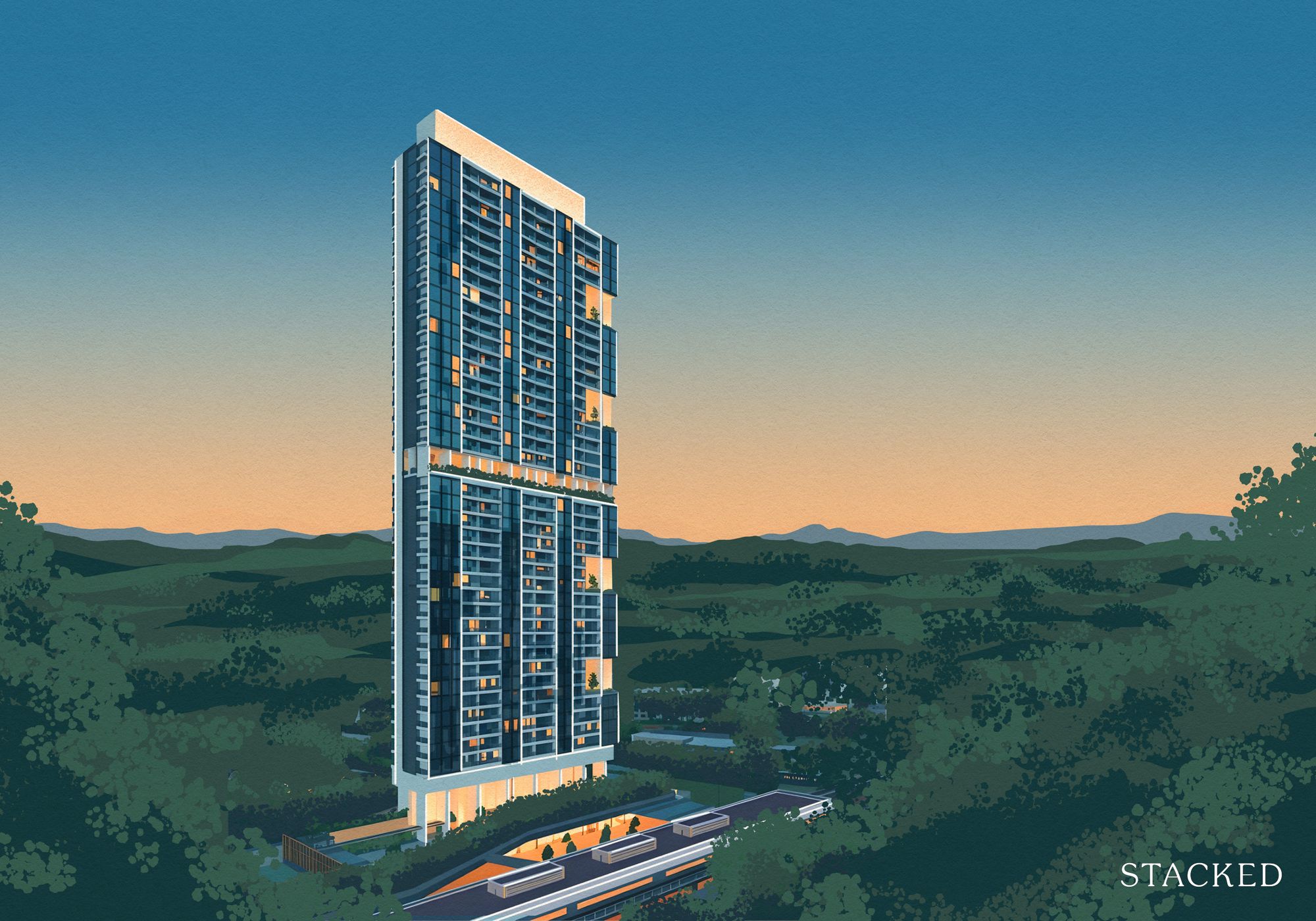




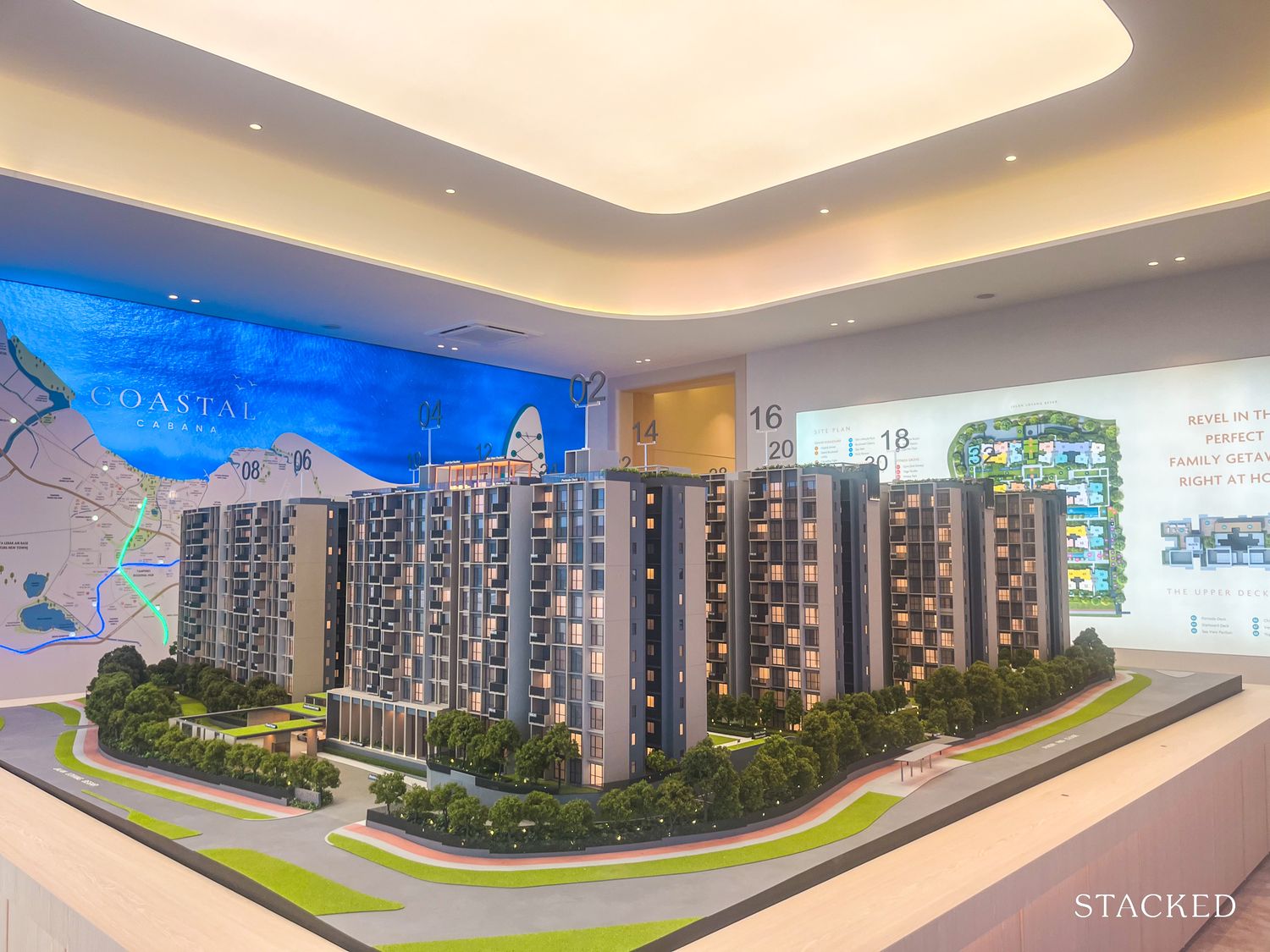
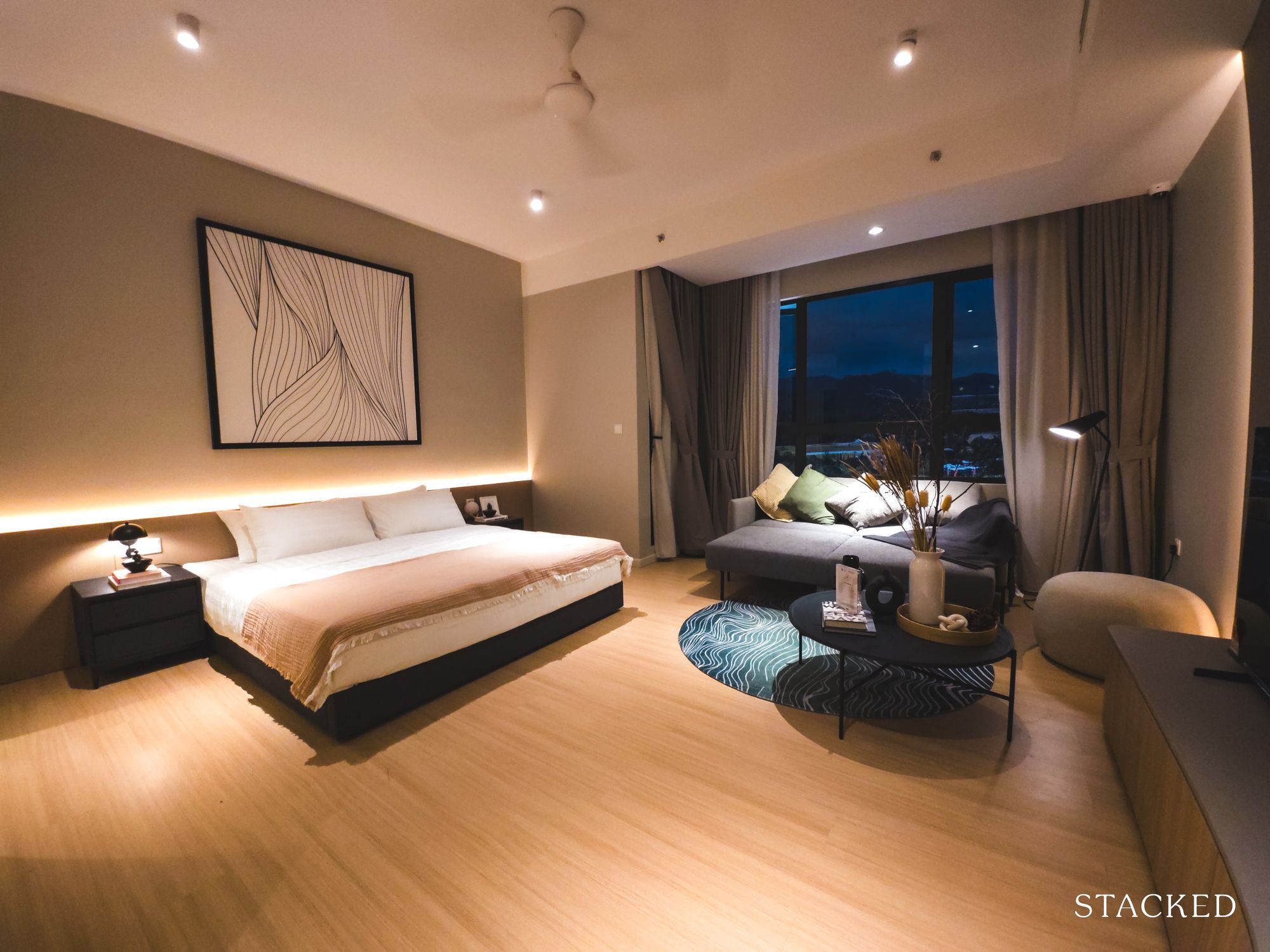





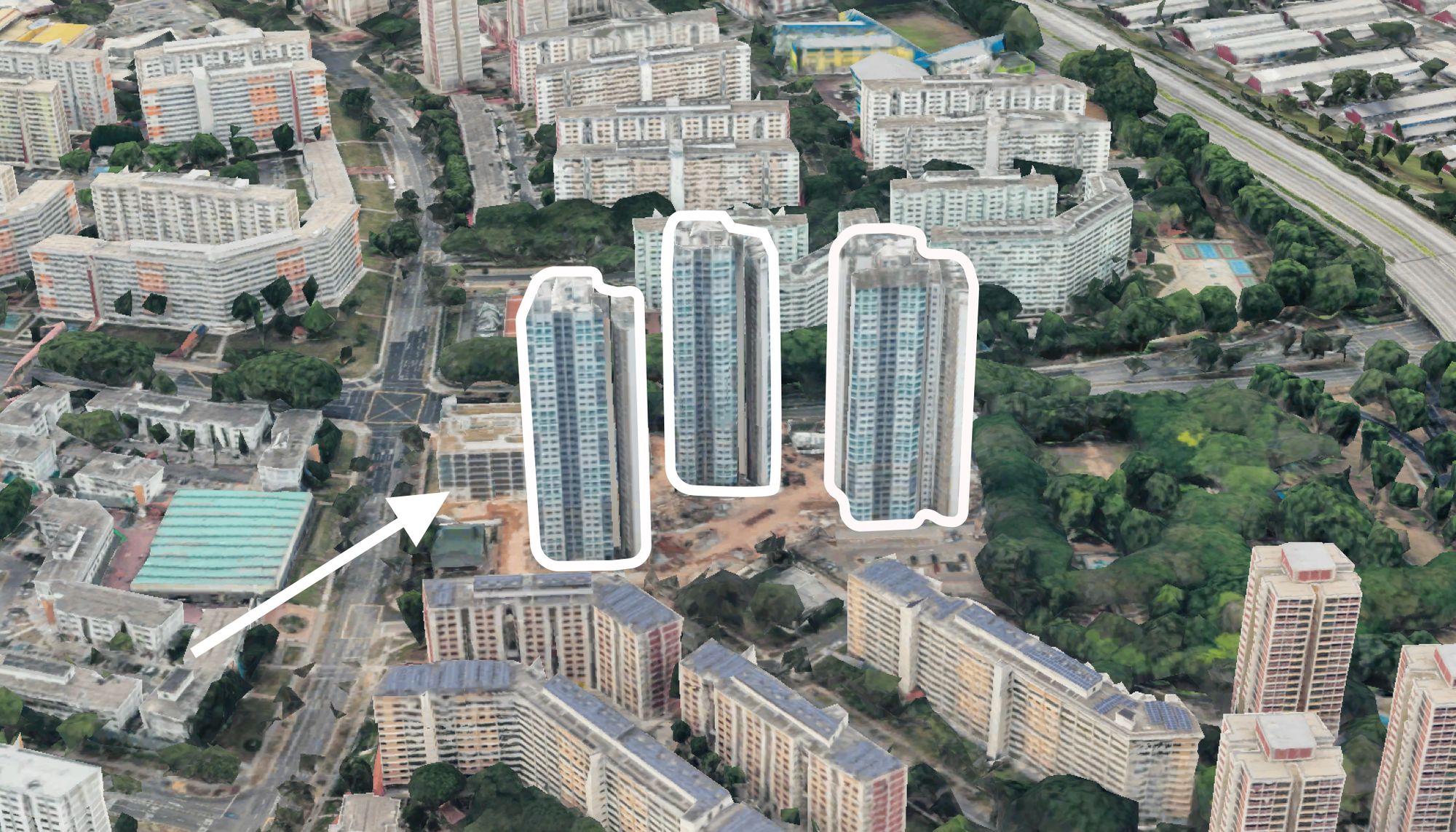
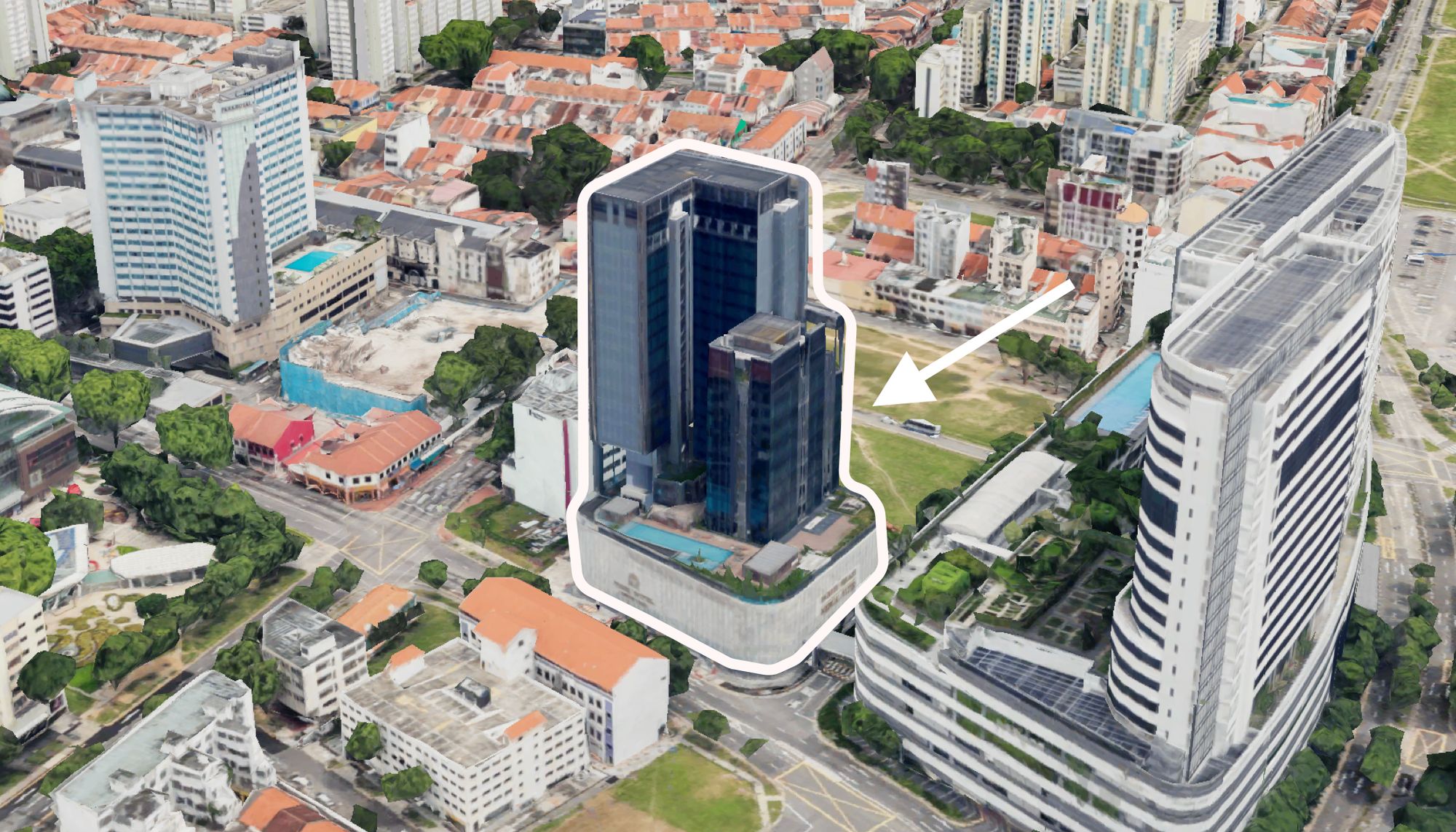
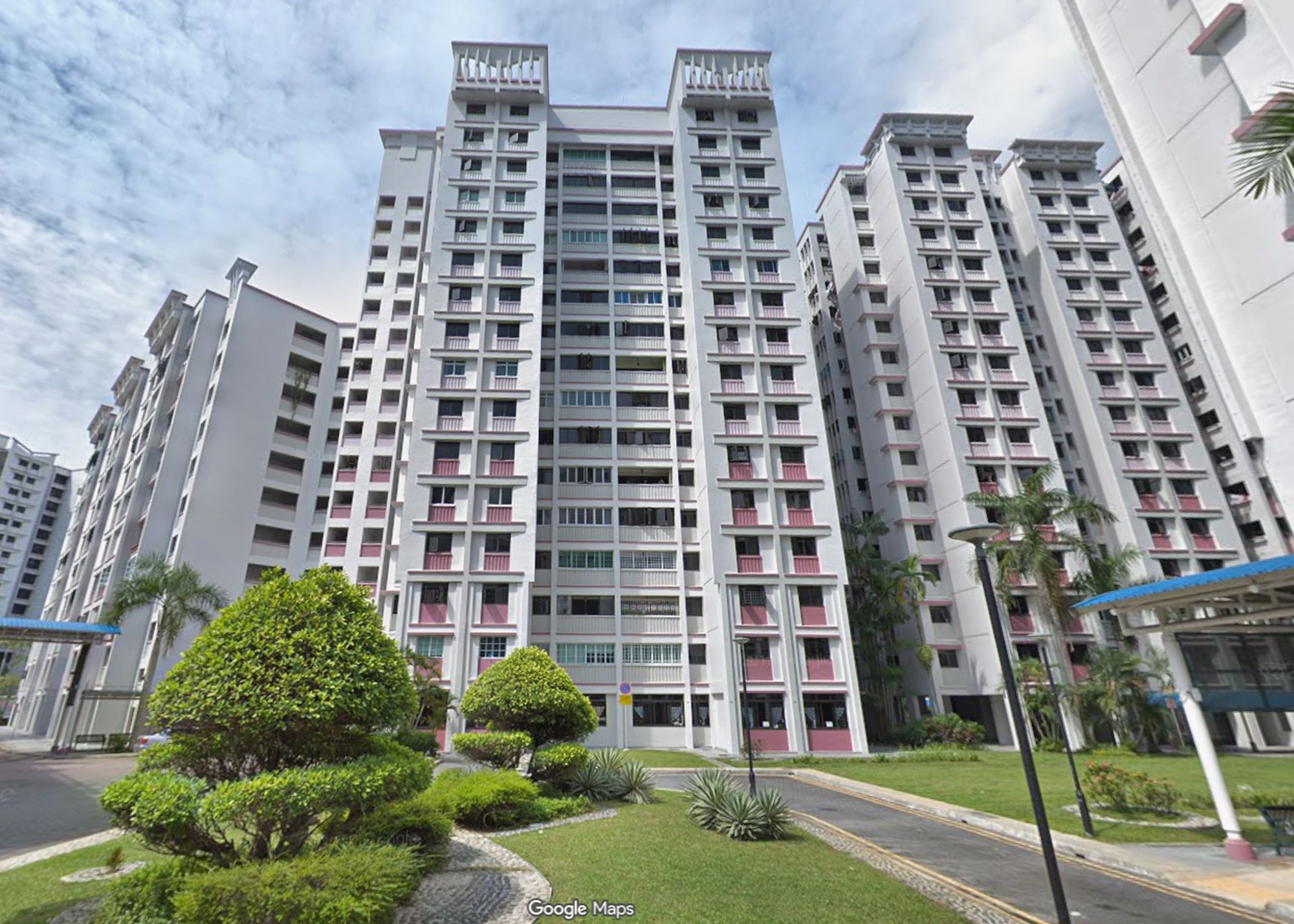
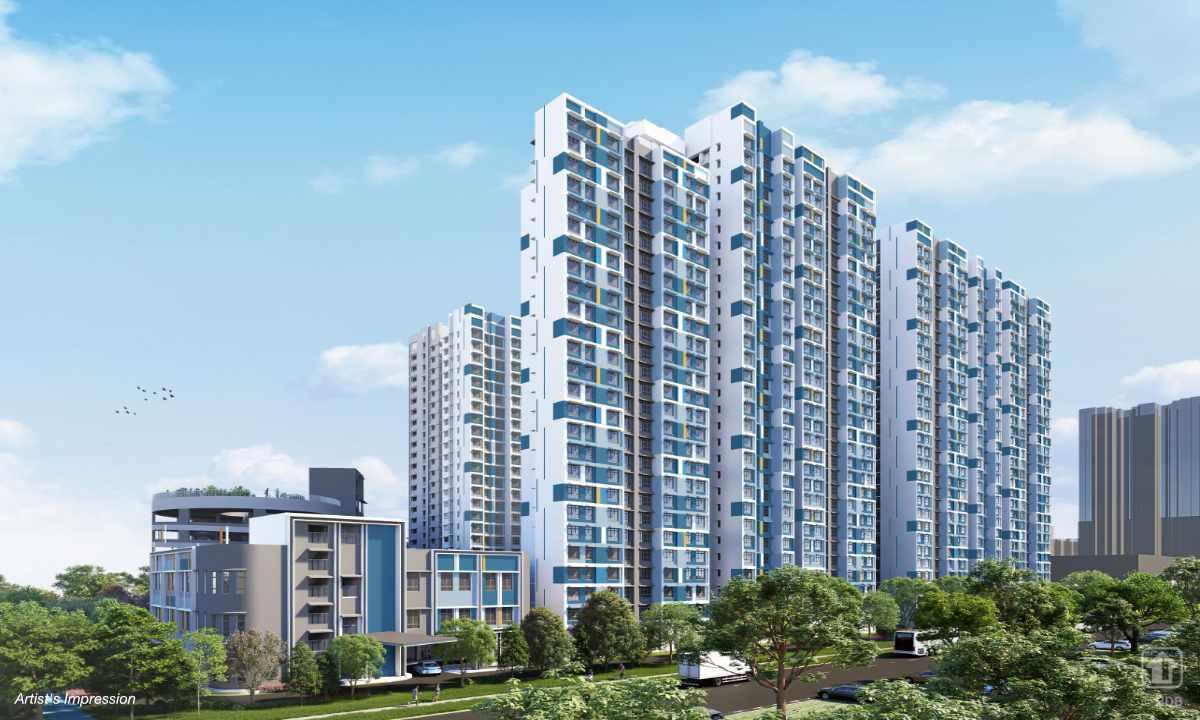









0 Comments